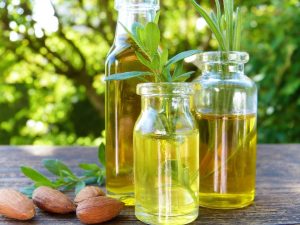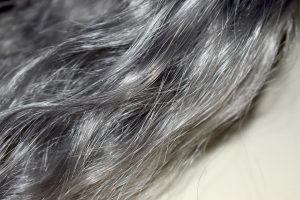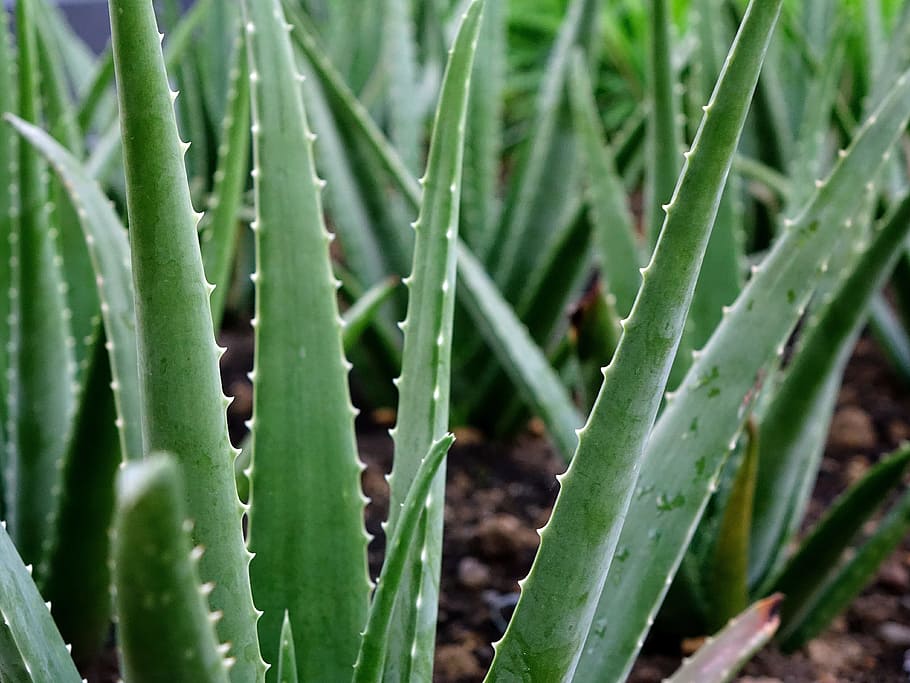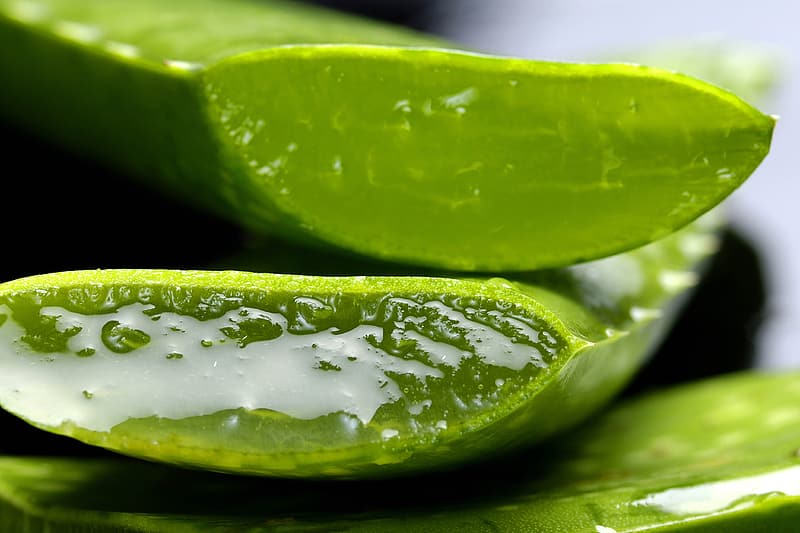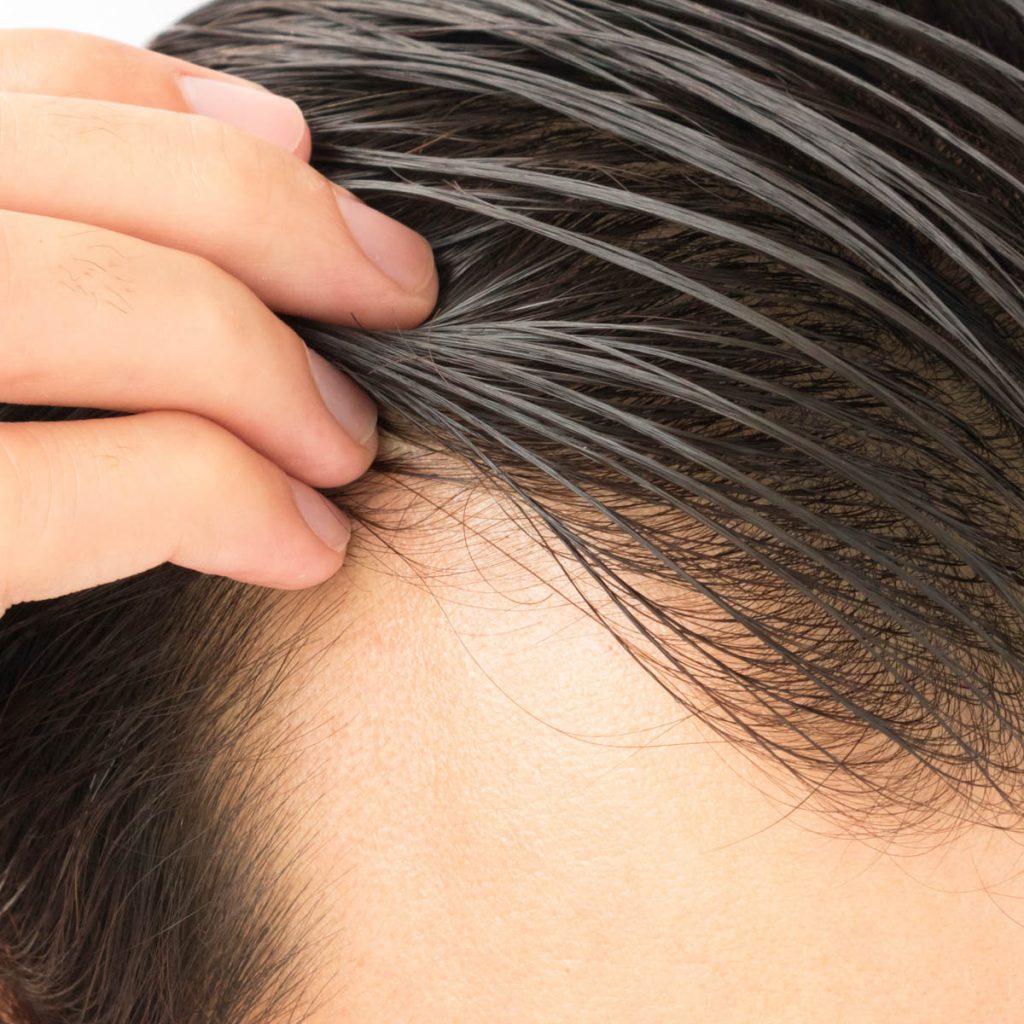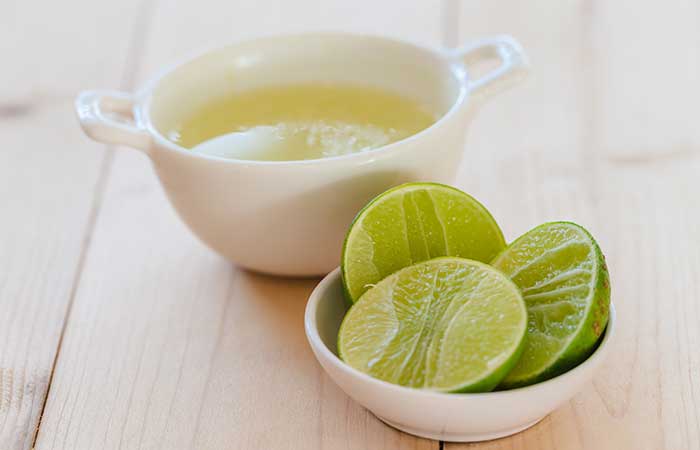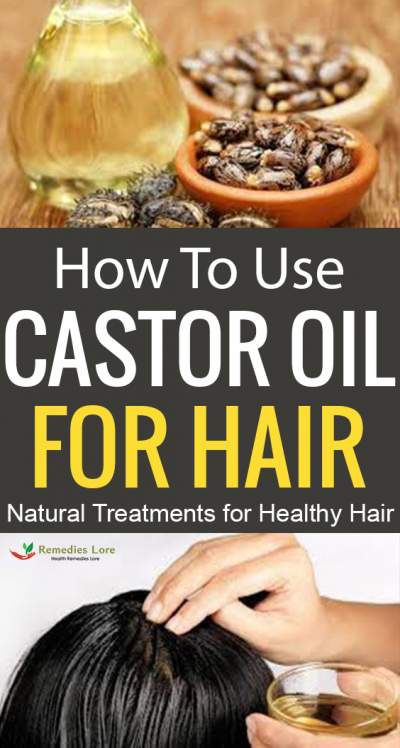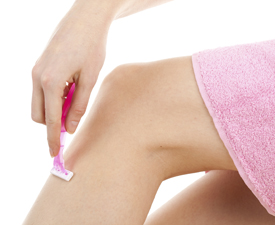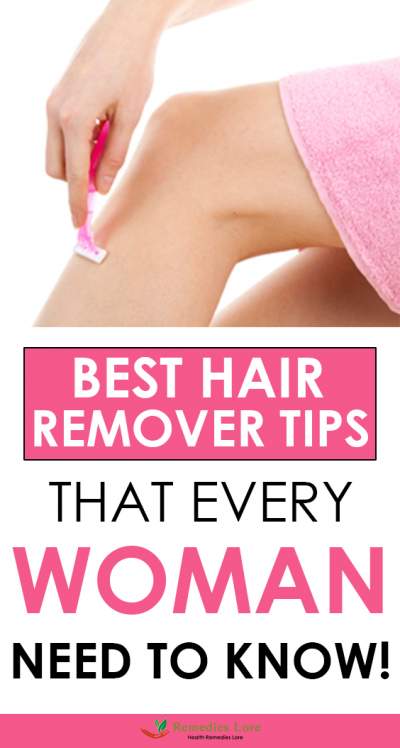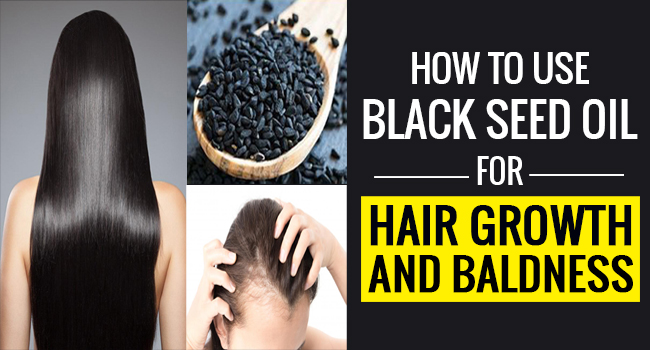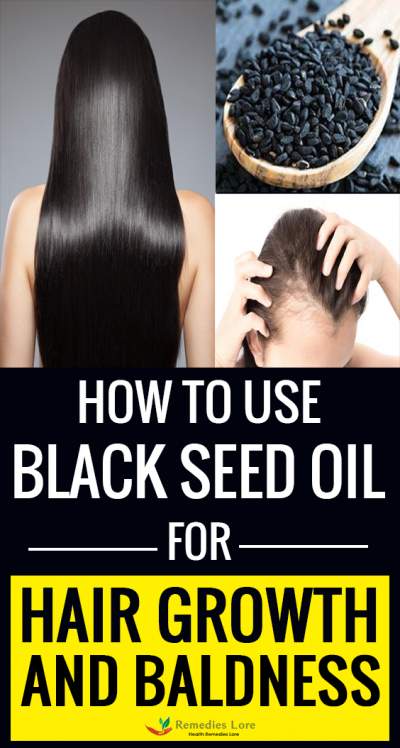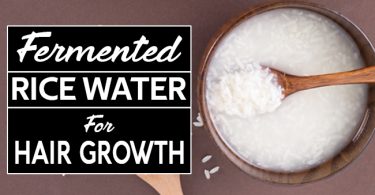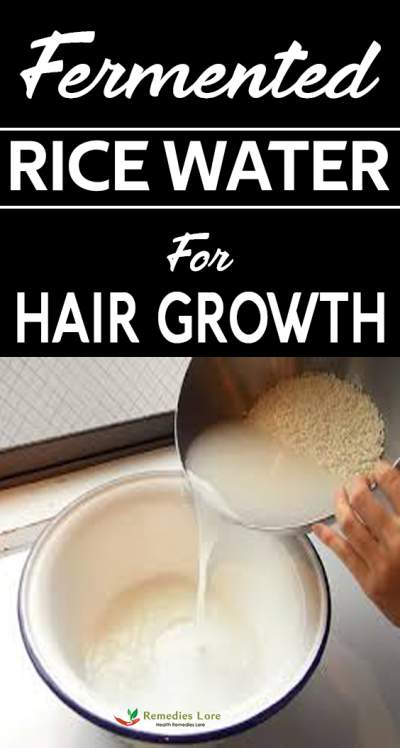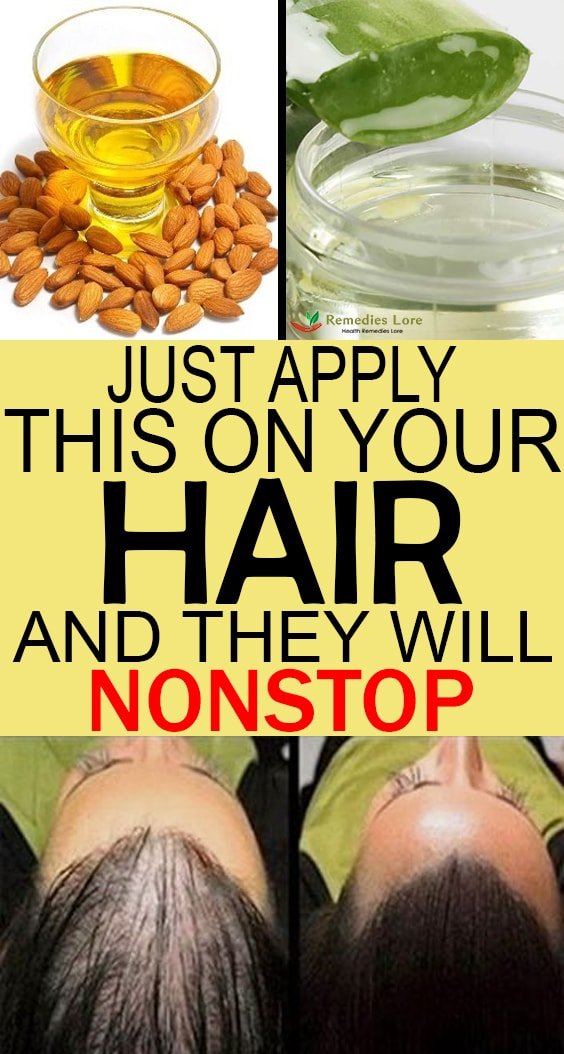Changing your hair color can give you a dramatic makeover without putting so much effort and in absolutely no time! Experimenting with various bold and vibrant hair colors is, of course, fun. However, people with dark hair may find it difficult to color their hair. What’s the solution for them? Bleaching the hair with hydrogen peroxide can be the ultimate solution! If you are not planning to go to a salon, you can opt for hydrogen peroxide as excellent hair bleach.
Hydrogen peroxide is a colorless liquid available in concentrated form – usually at 3 to 9 percent. It is used for a myriad of objectives, including disinfection and bleaching. That’s why hydrogen peroxide is a common ingredient used in various hair bleaching products. While it is usually safe for both skin and hair, improper usage or using it in pure form can irritate skin and eyes. This article will answerfor you all the “whys” and “how’s” related to hydrogen peroxide for bleaching hair.
What do You need to Use Hydrogen Peroxide for Bleaching Hair?
- 3% diluted hydrogen peroxide
- Baking soda (if mixing with hydrogen peroxide
- Cotton balls
- A dry towel
- Hand gloves
- Aluminum foil
- A clean empty spray bottle
- Hair clips
- Shower cap
- Natural shampoo and conditioner
A Detailed Tutorial on Bleaching Your Hair with Hydrogen Peroxide
- Step 1: Wash Your Hair
Before applying hydrogen peroxide, remove dirt, grime, and excess oil from the scalp by thoroughly washing your hair. A shampoo containing botanical ingredients is usually very effective in removing excess sebum from the scalp. After shampooing your hair, opt for a nourishing and hydrating conditioner to avoid possible dryness of hair after bleaching.
- Step 2: Air-Dry Your Hair
Instead of blow-drying, go for air-drying your hair. A blow dryer usually dries the hair quickly, but it may potentially damage your hair too. So, you should avoid it, especially when you decide to use hydrogen peroxide for bleaching hair.
Tip 1: Use a towel to pat your hair dry properly, comb it thoroughly and gently, and air-dry for about half an hour before finally administering hydrogen peroxide.
- Step 3: Perform a Patch Test
Even 3% diluted hydrogen peroxide can have a harsh reaction on the skin, especially if you have an unknown allergy to it. To avoid possible burning and itching on your scalp or hairline, do a patch test first. Apply only one or two drops of 3% diluted hydrogen peroxide on a very small section of your hair. Wait for at least thirty minutes to conclude whether you are allergic to hydrogen peroxide or not.
- Step 4: Apply Hydrogen Peroxide
- Use hair clips to tie your hair in knots.
- Dab a cotton ball in 3% hydrogen peroxide and gently apply it on a hair section; avoid touching your scalp by leaving at least half an inch from the hair roots.
- Wrap the aluminum foil properly on bleached hair.
- Repeat these steps on different other sections of hair.
- Once you are done with applying hydrogen peroxide for bleaching hair, leave for about forty minutes without touching your head.
You can also adjust the waiting time according to your natural hair color and the result you wish for. For example, if you already have dark hair, you would want to keep the solution on for at least thirty minutes to lighten your hair.
If you want to color your entire head, combine equal portions of 3% hydrogen peroxide and water in a clean, preferably new spray bottle. Spray evenly on your hair with the help of your family member or friend. Wear a shower cap to ensure better results, and leave for about forty minutes.
- Step 5: Wash Your Hair Thoroughly
Use a mild shampoo to lather your hair thoroughly to ensure all the chemical deposits are removed completely. Wash with cold water to minimize the potential hair damage and to restore decent shine. Give the finishing touch by using a gentle, natural hair conditioner.
Tip 2: Don’t opt for Heat or Blow Drying
Avoid using heat or blow-drying to ensure your hair is not damaged further after usinghydrogen peroxide for bleaching hair. If you are still willing to try blow-drying, only use a cool-shot or the lowest possible temperature. It is a suitable way to dry your hair evenly, reduce the potential damage, and restore the shine and moisture.
Baking Soda and Hydrogen Peroxide for Bleaching Hair
If you want better and faster results, you can combine baking soda with hydrogen peroxide. The combination of these two ingredients gives very effective and quick results. Thanks to its alkaline nature and cleansing properties, baking soda can be a perfect base for hydrogen peroxide.
Ingredients You Need
- One cup baking soda
- 3 tbsp 3% diluted hydrogen peroxide
This ratio of one cup baking soda and three tbsp hydrogen peroxide is considered very suitable for bleaching purposes. You can adjust the quantity according to this ratio keeping the length, thickness, and natural color of your hair.
Here is How to Use Baking Soda and Hydrogen Peroxide for bleaching hair
- Mix both ingredients evenly and apply on your hair, working down the hair length.
- Keep the mixture on for thirty to sixty minutes, depending on the desired color intensity.
- Wash your hair thoroughly with cold water and a mild shampoo.
- Finish with a gentle hair conditioner to ensure proper moisture.
Some Important Questions Related to Hydrogen Peroxide for Bleaching Hair
- Is hydrogen peroxide safe for bleaching hair?
Using 3% concentrated hydrogen peroxide is usually considered safe for the skin as well as hair. Hydrogen peroxide can be very harmful if used undiluted or in pure form. 3% diluted hydrogen peroxide is available in the market, and you can only go for that instead of trying and diluting the chemical yourself.
Some people are also prone to get mild to severe skin irritation when hydrogen peroxide is applied topically. Hence, we recommend you to ask your dermatologist before finally using hydrogen peroxide for skin or hair.
You might feel some discomfort, including itching and irritation, while using hydrogen peroxide for your hair. You can prevent the irritation by applying a thick layer of petroleum jelly around the hairline. Avoid leaving hydrogen peroxide for so long on your hair to ensure bleaching your hair without skin irritation.
- How Long Hair Remain Colorful After Bleaching with Hydrogen Peroxide?
Hair bleach using hydrogen peroxide is usually considered a permanent dye. It means the dye will only go away with the re-growth of hair. This is due to hydrogen peroxide’s action on your hair cortex – the innermost part of your hair that is known for holding the pigment responsible for giving hair the natural color.
Dyes made with hydrogen peroxide (almost all of them are) are usually enough to give your hair a light blonde look.
- how long does it take for hydrogen peroxide to lighten hair?
It usually takes approx. 30 to 60 minutes to properly lighten your hair using diluted hydrogen peroxide. However, it may vary according to the color intensity and overall thickness of your hair. Hydrogen-peroxide-based dyes are pretty effective in removingthe old artificial color from hair.
How?
Hydrogen peroxide oxidizes the melanin (hair pigment) and keratin (structural protein of hair). The innermost part of your hair, known as the “cortex,” is packed with melanin and gives your hair the natural color. Hydrogen peroxide is one ingredient that can easily penetrate the hair cortex and break down the melanin pigment by releasing oxygen, thus lightening the hair.
Potential Side Effects Related to Hydrogen Peroxide for Bleaching Hair
Using hydrogen peroxide, especially constant use, may damage your hair in different ways. Keep these risks in mind before finally deciding to bleach your hair with hydrogen peroxide.
- Loss of Hair: Hydrogen peroxide may be responsible for oxidative stress, and hence, loss of hair.
- May Damage Hair Cuticles: Bleaching usually leads to the oxidation process, which may be responsible for damaging hair cuticles.
- Scalp Irritation: Hydrogen peroxide, even in diluted form, is a potential skin irritant and may cause burning and irritation on the scalp, especially the hairline.
Conclusion:
Yes, it might be very tempting to use hydrogen peroxide for bleaching hair due to its very strong and effective bleaching properties. But it is also linked with possible risks of damaging your hair and irritating your scalp. As an even bigger concern, hydrogen peroxide damages the hair protein and makes your hair fragile and weak. Hence, we recommend you to be extremely cautious before applying even 3% diluted hydrogen peroxide on your hair.
Not only should you go for a patch test, but you should ask your dermatologist before bleaching your hair. Moisturizing your hair and nourishing it with a high-quality, chemical-free conditioner becomes a must.



